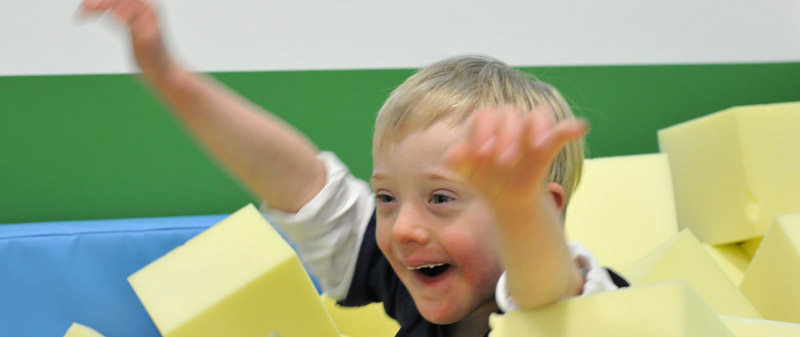Gymnastics may not be the first thing you think about when it comes to your child and their special needs. The truth is that this type of exercise is quite helpful provided that it is used correctly. You might be surprised just how effective gymnastics can be for your little one.
How Gymnastics can Help
Gymnastic instructors approach special needs children with a customized plan. This means that your child’s lessons will be especially formulated with their needs in mind.
Experts have found that gymnastics can help stimulate the brain because it involves subtle yet complicated movements. Another way that gymnastics helps is by helping the brain focus better. The moves require concentration, which helps the mind rework itself to improve this particular skill that can be used elsewhere, such as in school.
Gymnastics can also help boost a child’s social skills because it lends to camaraderie among teammates. It is not uncommon for team members to become best friends, and acquiring new social skills will help your child as he or she grows up.
It should be noted that gymnastics is quite adaptive, meaning that your child’s disability can be accommodated in the classes. One of the ways that this type of exercise can help children is with the use of positive reinforcement. Experienced teachers understand that a child needs guidance and instruction, but also positive feedback. This kind of positive support helps a child gain confidence. Your child will likely enjoy the challenges.
Applying consistent structure is another tool that is sometimes used by instructors who are helping kids with special needs. This helps foster a sense of tranquility and trust. Creating this sense of consistency helps the brain de-clutter and be open to new lessons. At this point, anxiety is gradually reduced, and instructors can start to teach more challenging exercises.
Parents should be able to see positive differences in the way their child reacts and thinks. Be sure to ask the gymnastic instructors at TumbleTown how they can help your child by calling or paying a personal visit to check out the welcoming environment.

